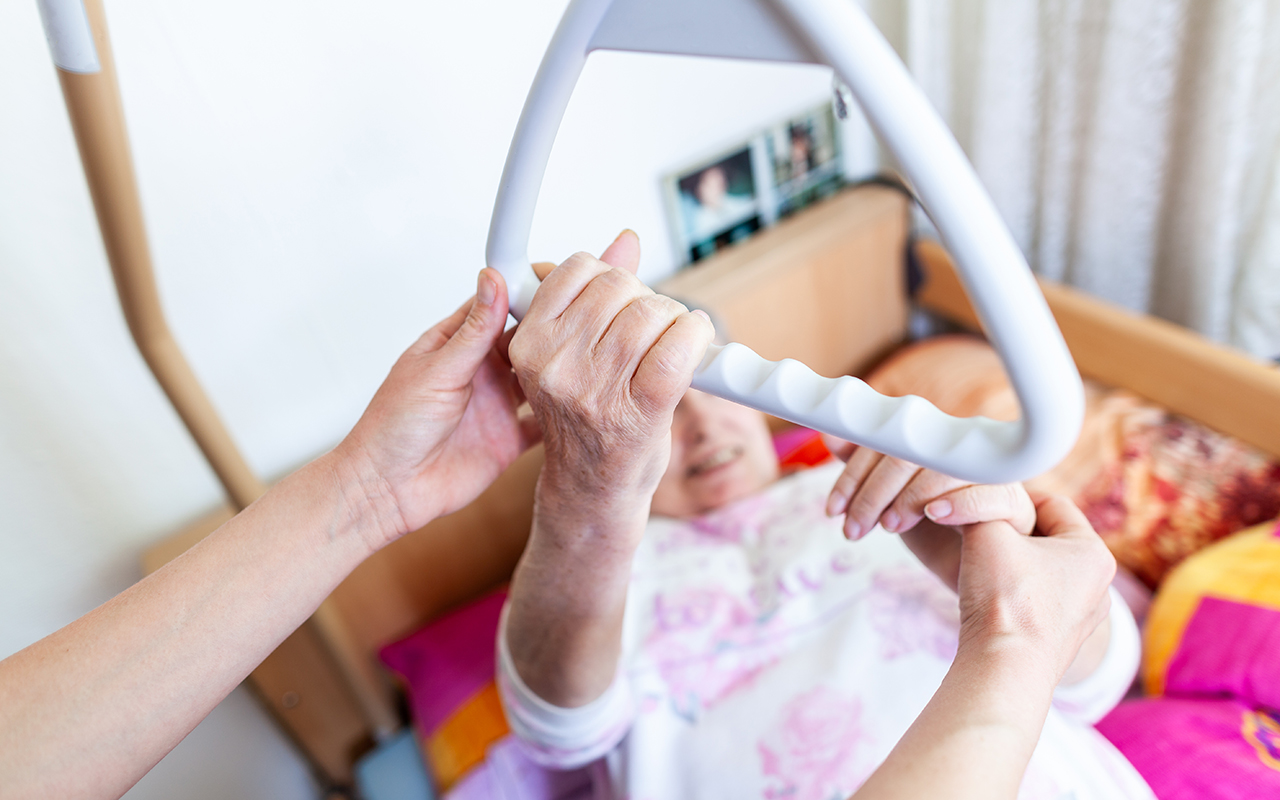Share
Caring for a family member can put a great deal of physical, mental and emotional strain on you. To help make your caregiving tasks easier, try these suggestions from these experts.
Check in With Yourself
Caregiving can become the onset of a variety of physical and mental issues. A few examples include:
- Disturbed sleep
- Back, shoulder or neck pain
- Headaches
- Anxiety
- Depression
- Mood swings
It’s important that you check in with yourself and analyze how you’re feeling. If you experience any of these issues, it’s recommended that you make an appointment with your doctor to address them. Then establish a plan moving forward to keep yourself healthy while caring for your loved one.
You could consider reaching out to a professional caregiving service like Caring Home Care. By sharing the workload you can alleviate stress from your life, and improve the quality of time you spend with your loved one.
Don’t Neglect Self-Care
Caregivers often feel like they are “on the clock” 24 hours a day. As important as it is to develop and stick to a routine to help your loved one, it’s also important to acknowledge lulls throughout the day to take advantage of for yourself.
When you see an opening, allow yourself to take a moment and find your center. Discover what helps you relax, whether it’s listening to music or reading a book, and recharge your own batteries.
Eat well, stick with your exercise regimen and go out once and a while to see your friends. Get enough sleep every night to recharge your internal batteries and allow your body to repair itself from the stresses of your responsibilities.
And don’t be afraid to ask for help.
Find Reliable Help
There’s often too much involved in caregiving for one person to take on alone. This is especially true if you have a job, your own home and children to look after.
Reach out to other family members or close friends to see if they can help. If not, seek out a professional caregiver from a nurse registry, like Caring Home Care, to help with caregiving tasks like preparing meals, doing laundry, bathing and more.
There’s no shame in asking for help, especially if it allows your loved one to continue living comfortably and independently.
How Caregivers Can Reduce Injury While Assisting Seniors Providing daily care for seniors is meaningful work. It can also be physically demanding. Many caregiver injuries happen during lifting, transferring, or repositioning seniors. These injuries are often preventable when proper techniques are used. Learning caregiver injury prevention strategies protects both the caregiver and the senior. It
Build a Caregiver Support Network: Finding the Help and Encouragement You NeedCaring for a loved one is one of the most meaningful and selfless things you can do. But being a family caregiver can also be emotionally, physically, and mentally draining. Whether you’re new to caregiving or have been doing it for years, building a
The Role of Respite Care: Supporting Caregivers and Seniors Caring for an aging loved one is an act of love, patience, and dedication. However, even the most committed caregivers need time to rest, recharge, and take care of their own needs. This is where respite care for caregivers plays a vital role. By offering temporary
Emotional Challenges of Caregiving Understanding and Coping with the Emotional Toll of Being a Caregiver Caregiving is one of the most rewarding roles a person can take on. It allows individuals to provide meaningful support to a loved one in need. However, it also comes with significant emotional challenges. Whether you’re caring for an elderly
Need A Caregiver? Fill Out Form Below
With our competitive rates, we make receiving in-home care affordable regardless of whether you’re using your insurance or paying out of pocket.









